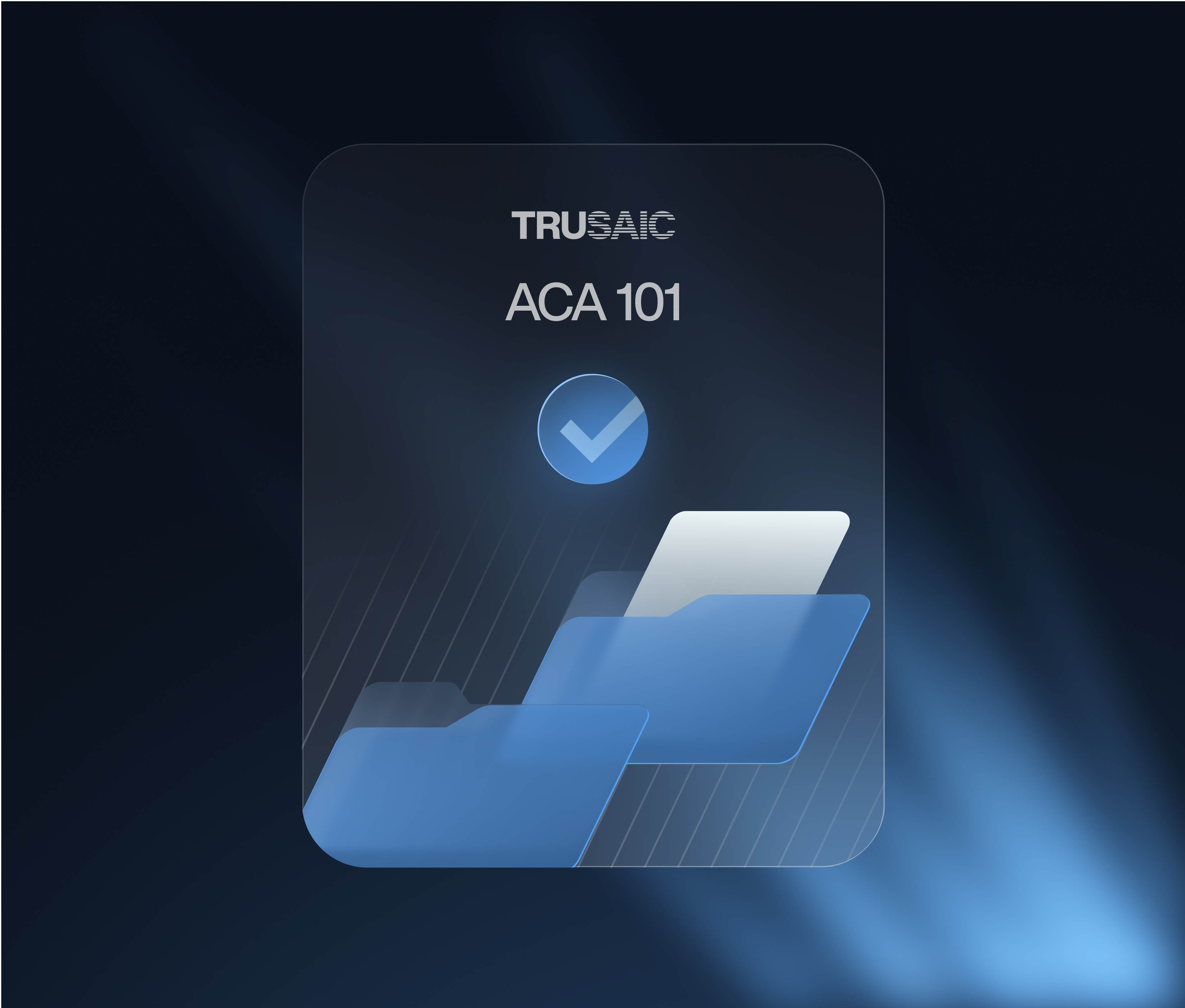As more and more investors are turning to companies who demonstrate commitment to environmental, societal, and governance (ESG) issues, the more that government agencies are focusing on companies’ ESG disclosures. Case in point: the Securities and Exchange Commission is taking a closer look at whether or not registered investment advisors’ (RIAs) strategies actually match what they’re disclosing.
The National Law Review writes that “RIAs are increasingly offering investment strategies that focus on ESG factors. [The SEC’s Division of Examinations] will examine products in this area that are widely available to investors including open-end funds and ETFs, as well as those offered to accredited investors such as qualified opportunity funds.”
The NLR post goes on to say that the SEC “intends to review the consistency and adequacy of the disclosures RIAs and fund complexes provide to clients regarding these strategies, determine whether the firms’ processes and practices match their disclosures, [and] review fund advertising for false and misleading statements.”
Additionally, Lexology reports that “the SEC has had a recent emphasis on ESG [with] the creation of the new role of Senior Policy Advisor for Climate and ESG and a new Enforcement Task Force focused on climate and ESG issues.”
Looming Implications for Employers
The SEC’s focus is a strong indicator that ESG reporting will be fully standardized in the near future. (It’s already happening in Europe: according to Nasdaq, “The European Union’s Sustainable Finance Disclosure Regulation [SFDR] … will drive profound changes in the way that sustainable funds are managed, labeled and sold. The rules, which took effect on March 10, require financial institutions to disclose how they assess sustainability risk and the impact of their investments … funds will be required to formalize and rank, or entirely abandon, [their] ESG claims.”) Such standardization would put additional pressure on investment advisors and companies to “walk the talk” on aspects of ESG, such as diversity, equity, and inclusion (DEI).
With that in mind, organizations would be wise to know what the SEC is specifically looking for. The law firm Morgan Lewis notes that the SEC’s “examinations staff will continue to focus on ESG disclosure and compliance practices, including the following:
- Portfolio management practices, including whether investment processes align with ESG disclosures and whether proxy voting processes are consistent with ESG disclosures and marketing materials.
- Performance advertising and marketing, including reviewing regulatory filings, websites, client presentations, and similar materials, as well as reports to sponsors of global ESG frameworks, to the extent a firm has committed to provide such reports.
- Compliance programs, including written policies and procedures, and associated compliance oversight, and a review of ESG investing practices and disclosures.”
Morgan Lewis adds that the SEC’s examinations staff “observed a number of practices surrounding ESG investing, some of which, in its view, presented risks of misleading and/or confusing investors,” such as “a lack of adherence to global ESG frameworks where disclosures included a commitment to such adherence … inadequate monitoring of clients’ criteria to exclude holdings in certain companies or industries (negative screens) … [and] unsubstantiated or potentially misleading claims regarding a number of ESG investing practices in marketing materials.” Other problematic issues included “compliance programs that lacked adequate ESG policies and procedures” and “compliance personnel responsible for oversight of ESG investing activities [not having] significant expertise in ESG investment analysis.”
No Time Like the Present
Savvy organizations aren’t waiting to document their ESG efforts. That’s because the best way to demonstrate their commitment to improving the environment, and the lives of employees and other people in the communities where they operate is to have those efforts show up in their metrics now, rather than wait until they’re audited for accuracy.
What, then, should a large, publicly traded company do? An excellent place to start is to establish ongoing, monthly monitoring of metrics, including race, ethnicity, and gender pay gaps (pay equity) with the help of an expert, external technology partner. Doing so will help companies ensure their success in an ever-changing landscape of DEI-related laws and initiatives.








